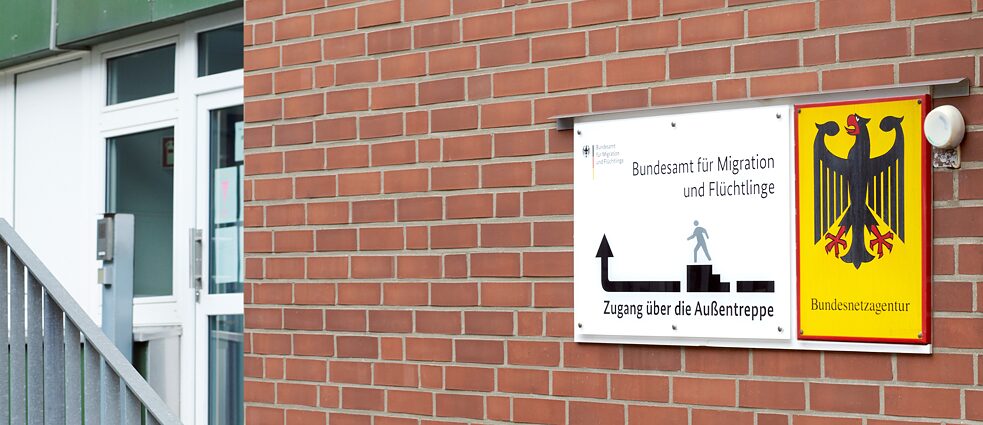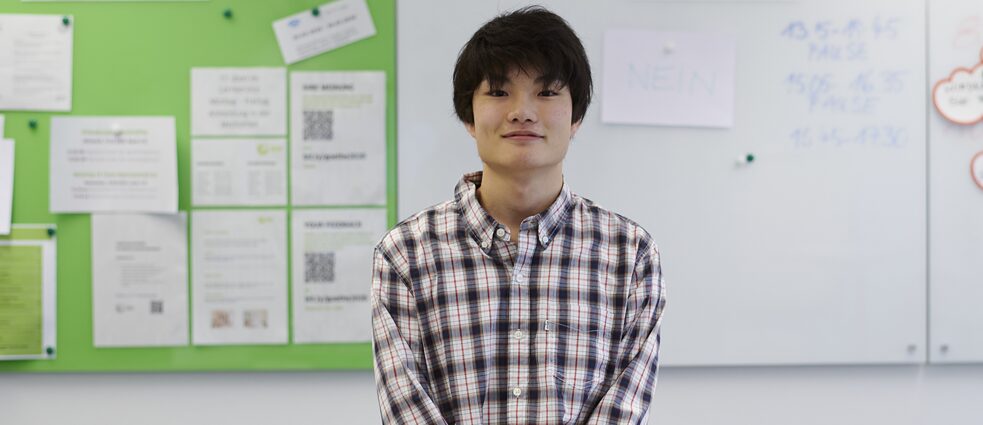
Passport and visa
For travelling into Germany you need a valid passport or other document that confirms your identity. You will also need the passport later when you go to register at an authority. Residents of countries outside the European Union (EU) also need a visa.
You can apply for a visa at the German Embassy (consulate) in your own country. Do you already have a contract of employment in Germany, or do you have family members living here? Then it will be easier for you to get a visa. You can find information on this from the Federal Foreign Office.
Citizens of the EU or a country that belongs to the European Economic Area do not need a visa.
Residents‘ registration office and residence permit
In Germany you have to register at the “Einwohnermeldeamt” (residents‘ registration office) in your town/city of residence. Next you need to go to the “Ausländeramt” (immigration office). There you will be issued with a residence permit. It is a card showing your residence status. It says how long you are allowed to remain in Germany and whether you are allowed to work. Do you need to visit an office, but can’t speak German very well? Then you can ask for an interpreter. That’s someone who can speak German and your language and will help you to communicate.
Integration course
If you can’t speak German very well, then you are allowed to do an integration course. Sometimes you have to do the integration course. You will learn better German in the course. And you will also be given important information about life in Germany. The immigration office gives you a certificate for the course and tells you where you can do the course. You can read more about it by following the Integration course link.
Finding work and vocational training
The next step is finding work. Have you learnt a profession already in your own country, or have you been to university? Then you need to have the documents translated and certified. Ask where you could have that done at the employment agency. The employment agency will also help you to find work. If you don’t yet have a profession or school-leaving qualification, you should also go to the employment agency. They will give you careers advice. They will help you if you are unsure what sort of work you would like to do or would be able to do. The employment agency will also provide you with information about apprenticeships and courses. You can find more information on this in the text Studying and vocational training.
Children and school
Children are required to attend school. Register your child at a school. The Jugendamt (youth office) in your town/city can help you. Read more on the following pages: Early education and School system.
Insurance
Some of the insurance schemes are very important: in particular health insurance, pension insurance and care insurance (see Insurance). If you have a job, you will automatically be insured on these schemes (see Starting work). And you need a current account at a bank (see Bank account and finances).
Important addresses
You are looking for integration course providers or an immigration office? Under the heading Important addresses you can search for these addresses near your place. Then you will see the results with information such as address or telephone number on a map.
Video International Sign

Frequently asked questions
Further questions? Write us via the contact form. We will forward your questions anonymously to the advisors of the youth migration services.
Contact form




